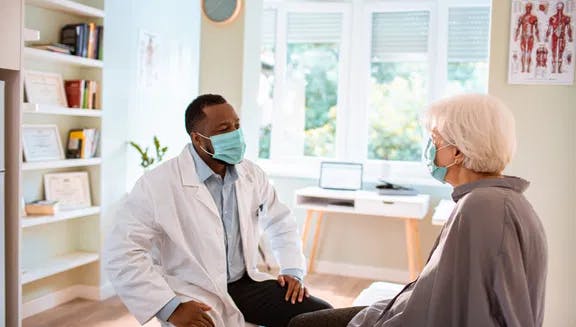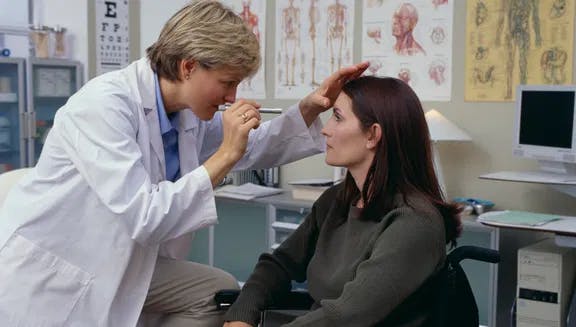
Choosing a midwife and other tips for expectant parents
Article provided by Witsenkade Midwives, an IN Amsterdam partner.
Understanding Dutch healthcare during pregnancy
The Dutch obstetric system distinguishes between high-risk and low-risk pregnancies. Healthy women pregnant with a single child are considered low-risk and are cared for by midwives. A midwife is responsible for the health of both mother and child during pregnancy, labour and postpartum. High-risk pregnant women are those with existing health complications or who are pregnant with twins or multiples; they are seen by a gynaecologist. Midwives in the Netherlands are independent medical professionals. They are responsible for carrying out an extensive first consultation before deciding if you should come under their care or be referred to a gynaecologist.
Important decisions to be made
This means one of the first big decisions you will have to make is choosing a midwife. As well as helping care for your and your baby’s health, a midwife is an important source of advice and support, especially if this is your first child or you’re new to the Netherlands. It’s best to register with your chosen midwife before week eight of your pregnancy. But do take the time to do some research before making your choice. You might want to consider looking for practices that offer specific support for expats. The Witsenkade practice, for instance, offers all information in English and can ensure a smooth transfer to other medical service providers if you’re moving to or from the Netherlands during your pregnancy.
Care during pregnancy
You will meet with your midwife an average of 12 times during your pregnancy. At the first appointment, you will together map out your health situation and the midwife will ensure you have all the necessary information. At each subsequent check-up, your midwife will carry out tests including an echo and blood test to check your and your baby’s health. The midwife will discuss with you how you are experiencing the pregnancy and what you need to arrange for the birth as well as referring you to antenatal classes and physiotherapy or psychiatric support if necessary. You can expect your midwife to be on standby 24/7.
Giving birth
Another feature of the Dutch system is that home births are common. You can make your own choice about where to give birth and your midwife will attend you either at home or in a hospital. Make sure you discuss the decision carefully with your midwife, and if you decide to give birth at home, they can advise you on home options such as a water birth. Remember though that the final choice between home or hospital is always yours.
You are entitled to the services of a maternity nurse (kraamverzorger) for around eight days after giving birth. Your midwife will be able to recommend some kraamzorg agencies and you should register for this service before the four-month mark. Your midwife will also visit you at home in the first week after the birth to carry out medical checks.
Health insurance
Standard Dutch health insurance policies all cover the costs of antenatal and postnatal care, including the services of a midwife. If you have a health insurance policy that also covers additional care, you will receive a kraampakket – a home birth hamper containing all the medical essentials you need for a home delivery. If you have your baby in hospital (either planned or unexpectedly), most of this is not likely to be used; there is an option to donate leftover items to the Baby Hope Foundation, which uses them to support mother-and-baby projects around the world.
Ensuring your own well-being
It’s important to take care of your own wellbeing during pregnancy. Apart from eating well and getting enough rest, it’s good to find time to keep fit if you possibly can. Ask your midwife what exercise is safe for you and check out some classes for pregnant women on the Amsterdam Mamas site. There are also mindfulness and meditation classes for pregnant women. Sharing your experiences with peers can also be helpful – joining antenatal classes will not only help you prepare for the birth but also bring you into contact with others who are at the same stage of their pregnancy.
Want to find out more?
In Amsterdam partner Witsenkade Midwives has extensive experience working with international clients with diverse cultural expectations around pregnancy and birth (around 40% of their clientele are non-Dutch). You’re very welcome to make an introductory appointment where they’ll happily explain in more detail how these things work in the Netherlands.
Resources
Amsterdam Mamas is a community group and IN Amsterdam partner that shares advice on parenting and life in the city.
ACCESS has information on childbirth needs.
Dutch government information on matters such as parental leave and child benefits.
The Royal Dutch Organisation of Midwives has information on midwifery in the Netherlands.


